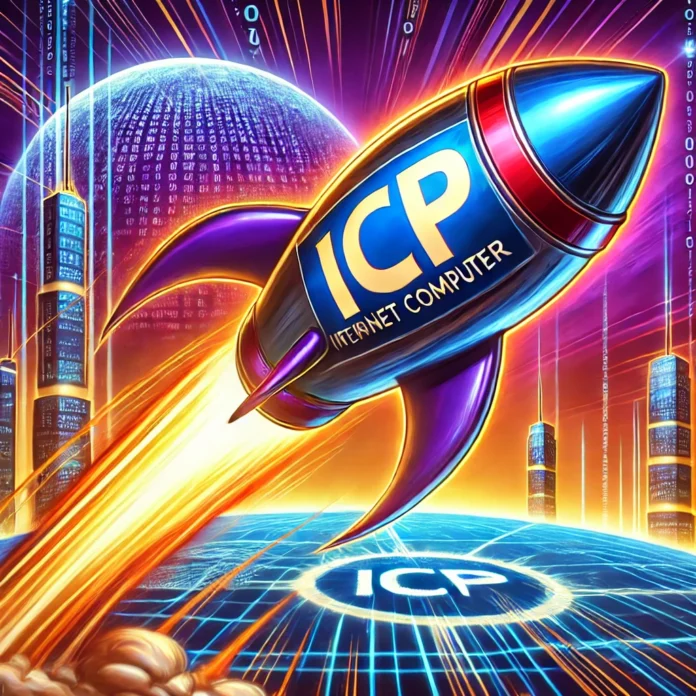Smart contracts are a method of automatically enacting agreements between parties once certain pre-determined conditions have been met.
These contracts are “self-executing”, with the terms of the agreement being directly written into lines of code on a blockchain network.
Once set up, smart contracts enable transactions to automatically happen without human unput. The transactions are trackable, but they cannot be reversed.
How smart contracts function
Anyone who has ever done any programming will know about ‘if-then-else’ statements and iterations. Smart contracts are much the same, in that they have “if/when/then” statements written into the code that control the execution of the contract.
They can be used in various ways, such as to automatically:
- Release claim money by insurers following a catastrophic event.
- Issue bills when goods arrive at a port.
- Make payments for goods or services once delivered.
- Control the transfer of cryptocurrencies between parties.
What the benefits of smart contracts?
Smart contracts have a number of key benefits, including:
- Lower costs—since they allow transactions to occur without the costs of administrative overheads or the “middleman” (e.g. central authorities or legal systems).
- Save time—by increasing speed and efficiency due to immediate execution of the action once the condition is met, without the need for paperwork or checking.
- Promote trust and transparency—since the data cannot be altered by an individual.
- Improve security—as all the transactions are encrypted.
What makes smart contracts smart exactly?
The term SMART refers to “self-monitoring, analysis, and reporting technology”. So smart contracts are ‘smart’ in that they are programmed to automatically execute without additional human input.
Computer World describes them as neither smart nor actual contracts (in the legally-binding sense), but simply “business rules translated into software”. That said they differ from normal automated business rules in that they can be used for purposes outside the organisation—i.e. to execute agreements with other businesses and organisations.
Harvard Law School also describes them as smarter than paper contracts, but not “intelligent tools” that can discern more subjective needs.
So to sum up—smart contracts are great for executing actions based on pre-programming, and in the process avoid a lot of the onerous requirements of traditional contracts. But in the end they are only as good as the code written into them, and since transactions cannot be reversed, it’s important to get them right from the start!
Other sources:
- https://www.computerworld.com/article/3412140/whats-a-smart-contract-and-how-does-it-work.html
- https://corpgov.law.harvard.edu/2018/05/26/an-introduction-to-smart-contracts-and-their-potential-and-inherent-limitations/





Community Discussion